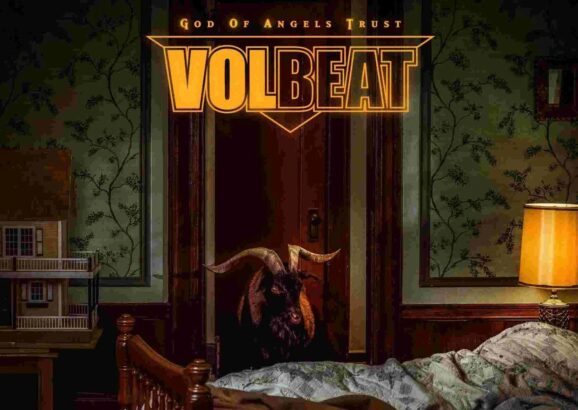Seven decades in, it should come as no surprise that the Virginia-born, Los Angeles-based multi-genre-oriented artist, songwriter, and producer Swamp Dogg (AKA Jerry Williams, Jr.) would deliver a bluegrass album. Of course, that’s just the foundation as he melds into his stew strains of soul, funk, R&B, and even gospel for his first album on Oh Boy! Records, founded by the late John Prine. Blackgrass: From West Virginia to 125th Street features guest vocalists Margo Price and Jenny Lewis, each singing one tune, guitarist Vernon Reid, and harmony group The Cactus Blossoms.
The top shelf bluegrass band includes Chris Scruggs, Jerry Douglas, Sierra Hull, Noam Pikelny, Billy Contreras, and twang master guitarist Kenny Vaughan. Various background vocalists such as Justin Vernon, Rory Hoffman and Harry Stinson contributed as well as a few other musicians and background vocalists. Yet it’s Swamp Dogg that commands the show amidst all these terrific musicians and guests. He penned nine of the dozen tunes and sings on every track.
Swamp Dogg was a member of the producer team that got Prine signed to Atlantic for his debut album. has played Prine’s “Sam Stone” as the closing number in his shows ever since. Prine appeared on Swamp Dogg’s acclaimed 2020 Sorry You Couldn’t Make It, in one of his last recordings. So, this is another gesture of reciprocity – from one great songwriter to clearly one of the greatest.
If you’ve been following social media lately, you’ve likely seen posts from Rhiannon Giddens stressing the importance and origins of the banjo as a Black instrument. This is certainly not lost on Swamp Dogg who ascribes the true origins of bluegrass music to African Americans. This is not his first venture into country and bluegrass either, as Johnny Paycheck had a huge hit with one of Dogg’s songs. Those traditions are on full display in the opening banjo-driven single, the playful “Mess Under That Dress,’ with Hoffman, Stinson, and Scruggs having too much fun on the chorus. Pilkelny (banjo), Hull (mandolin), and Contreras (fiddle) blaze away with scintillating rapid runs. The humor continues in the mid-tempo “Ugly Man’s Wife,” imbued by Douglas’ dobro and teeming harmonies from The Cactus Blossoms, who exchange lines with Dogg in call-and-response. “Curtains on the Window” leans into country balladry with Scruggs slapping his upright, Pikelny’s ever-present banjo, and swirls of dobro, fiddle, mandolin, and twangy telecaster.
The requisite tearjerker comes with “Have a Good Time,” setting up the feisty exchange with Margo Price on “To The Other Woman,” with Price clearly wanting to settle a score as the two banter back and forth. Dogg sings passionately with one of his strongest vocals about freedom in “Song to Sing” with a slightly different backing band that includes cello and French horn. Except, for the plucking, this could go down as a terrific gospel-inflected soul tune. “Count The Days” plies vintage southern gospel with a four-person background ‘choir” and Jenny Lewis in the forefront with Dogg.
“Gotta Have My Baby Back” is an attempt to transfer R&B in the bluegrass format, a courageous failure in the end, though. “Your Best Friend” instead takes a more straightforward bluegrass path, strengthened by Justin Vernon’s harmonies, while the pure soul of “This Is My Dream” comes off well, with keyboards and more restrained picking underneath. It feels a bit strange to hear Vernon Reid playing along with banjo and fiddle, a hot mess of sorts, on “Rise Up” but it somehow works in making this anthemic singalong one of the better tracks. Dogg takes us out with the dramatic, spoken word “Murder Ballad,” delivered in such a way that we hang on to his every word and when his aching singing sends chills.
This terrific project has its shining moments, with a few missteps along the way, yet it will likely go down as a winner. This aggregation of talent doesn’t come along often.







